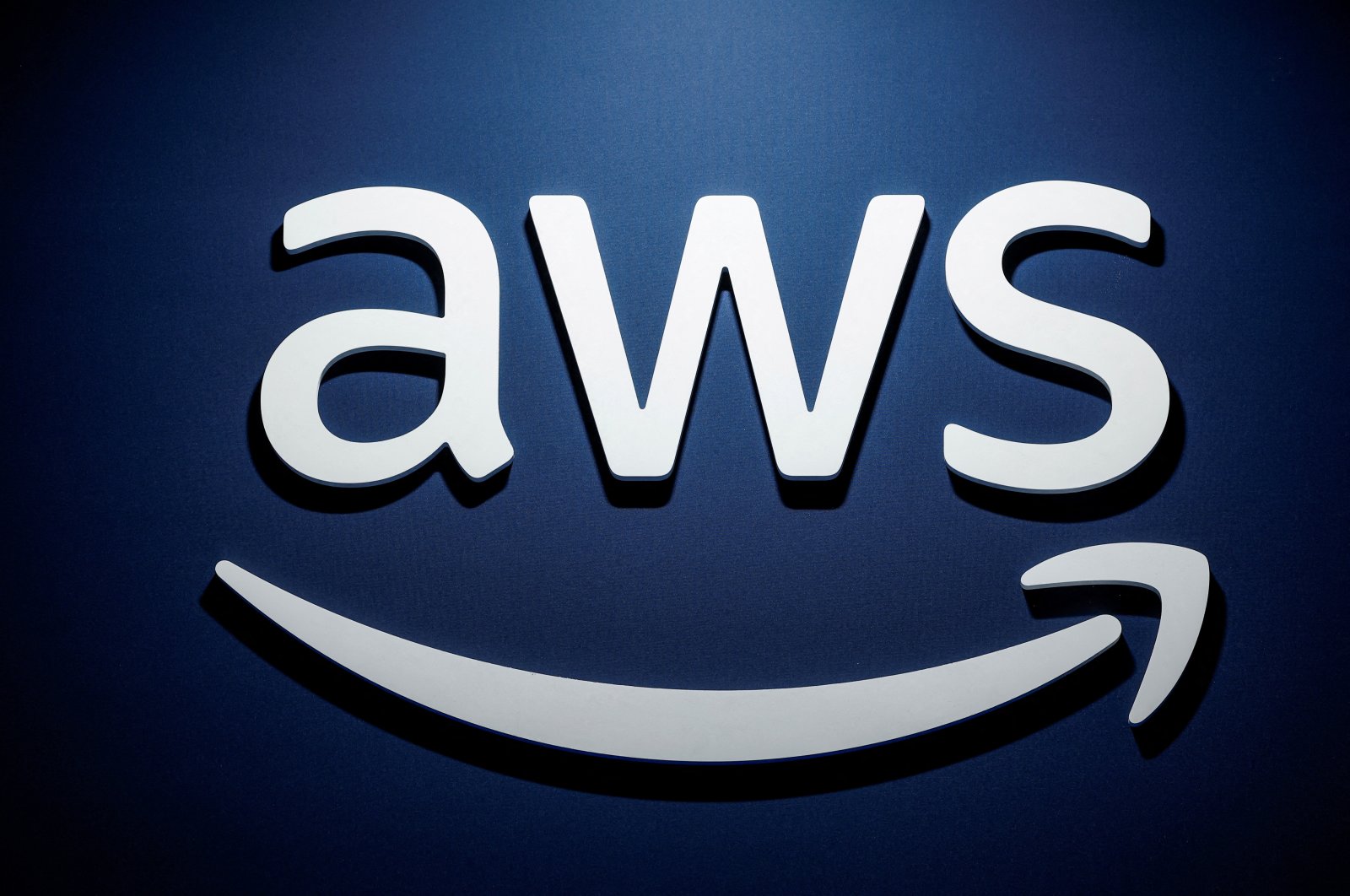As Google competes with Microsoft and ChatGPT-maker OpenAI to develop groundbreaking generative artificial intelligence, critics perceive Amazon as falling behind. However, not all agree.
“I respectfully disagree” with that viewpoint, said Adam Selipsky, Amazon’s cloud chief, in an interview with Agence France-Presse (AFP).
Tech giants like Microsoft, Google and Meta have made headlines talking about their own foundational models, or those of their close partners, that are key to AI and its ability to produce written works, images, videos or even computer code from simple user prompts.
But “there is simply not going to be one model to rule them all,” argued Selipsky.
He explained that AWS, Amazon’s industry-leading cloud branch, already sees customers “needing multiple models for multiple different use cases.”
He cited the capabilities of various AI models available on the AWS Bedrock platform, such as Meta’s Llama and Claude from Anthropic, as well as some from Mistral in France and Amazon’s own Titan brand.
Generative AI is regarded in Silicon Valley as poised to revolutionize how people get jobs done.
Cloud computing companies, which have massive computing power, troves of data and AI expertise, now host generative AI models. They are in a prime position to capitalize on the new technology, but they have a lot to lose if they don’t embrace the latest innovations.
25 years of AI
A pioneer of e-commerce, Amazon also dominates the cloud. AWS had 31% of the cloud computing market at the end of 2023, according to Stocklytics.
However, rivals Microsoft and Google are gaining ground with their cloud businesses, with 24% and 11% market share respectively.
Thanks to a $13 billion investment in OpenAI, Microsoft is “in the driver’s seat” of an ongoing cloud revolution, according to Wedbush analyst Dan Ives.
Microsoft and Google compete with their in-house, AI-infused digital assistants to help create content – emails, presentations, ads – and applications (especially chatbots).
AWS is less known to the public and its digital assistant, Alexa, is not as conversational as ChatGPT.
But Amazon has been in the AI business for more than 25 years, said Selipsky. “If you go back to personalization on the retail website in 1998 – we called it personalization, but it was AI.”
The Seattle firm has long had thousands of people working on the technology and has pivoted some of them to the new frontier of generative AI, Selipsky said.
“We’ve moved rapidly on new generations of our (AI) chips like Trainium, and building Amazon Bedrock and getting it adopted quickly and coming out with exciting applications on top of the models, like Amazon Q,” an AI assistant, he said.
Selipsky, who took command of AWS in 2021, replacing Andy Jassy, who stepped into the chief executive role vacated by founder Jeff Bezos, was confident Amazon would remain a leader in cloud computing.
Clients eye AI programs
As proof, he points to AWS customers and partners, including Nvidia.
The high-profile chipmaker recently announced it is building a “supercomputer” on AWS using Nvidia’s own high-performing processors, the ultrasophisticated and coveted GPUs.
Most notably, Amazon has invested $4 billion in Anthropic, an OpenAI rival that Google also backs. The start-up will use AWS and its Trainium chips to build AI models and help “improve our technology,” said Selipsky,
When asked about exciting aspects of generative AI, Selipsky cited examples of ramped-up productivity for its clients.
AWS user pharmaceutical giant Pfizer estimates that it will launch more powerful drugs faster, achieving as much as a billion dollars in annual savings due to AI, according to Selipsky.
Airlines and other industries are already using generative AI to power chatbots to interact with customers.
And while chatbots can make mistakes, companies reason that “human beings don’t give 100% accuracy either,” Selipsky said. “And in many cases, the models are actually outperforming the accuracy and the usefulness of live agents.”
AWS cut hundreds of jobs this month, particularly in sales and marketing, to better focus on AI and other priorities.
But Selipsky was adamant that AI had not replaced any cloud platform workers.
“AWS has thousands of job postings online today and yesterday and the day before and we will also have (them) tomorrow,” he added.




















































Be First to Comment